Course OverviewFREC 3 comprises three mandatory units of 35 hours, not including breaks attended over five days. There is an additional recommended 118 hours of post-course learning. This can be achieved by pre-course reading from the course manual and post-course Continual Professional Development (CPD). High Peak First Aid will assist you with planning for the self-directed study for the First Response Emergency Care qualification. We hold direct claims status via Qualsafe for the distribution of certificates. This is awarded for consistently high feedback from participants.
Unit 1 First Response Emergency Care
Learning Outcomes.
- Understand the role and responsibilities of a first responder providing emergency care.
- Be able to assess an incident.
- Be able to assess a patient.
- Be able to assess a patient’s airway.
- Be able to manage a patient’s airway. (Oropharyngeal and Nasopharyngeal Airways)
- Be able to manage an unresponsive patient who is not breathing normally.
- Be able to use appropriate equipment during a resuscitation attempt.
- Be able to administer emergency oxygen.
Unit 2 First Response Emergency Care of Trauma
Learning Outcomes.
- Be able to manage catastrophic bleeding. (Use of Haemostats and Tourniquets)
- Be able to manage a patient who is in shock.
- Be able to manage a patient who is bleeding.
- Know how to manage a patient with burns or scald.
- Know how to manage a patient with minor injuries.
- Know how to manage a patient with sudden poisoning.
- Be able to provide emergency care to a patient with head and spinal injuries.
- Be able to provide emergency care to a patient with bones, muscles and joint injuries.
Unit 3 First Response Emergency Care of Medical Conditions
Learning Outcomes.
- Understand how to identify a patient with breathing difficulties.
- Understand how to manage a patient with breathing difficulties.
- Know how to manage a patient with anaphylaxis.
- Know how to manage a patient with a suspected major illness.
- Know how to manage a patient who is in a seizure.
- Understand how to provide emergency care for the effects of environmental exposure.

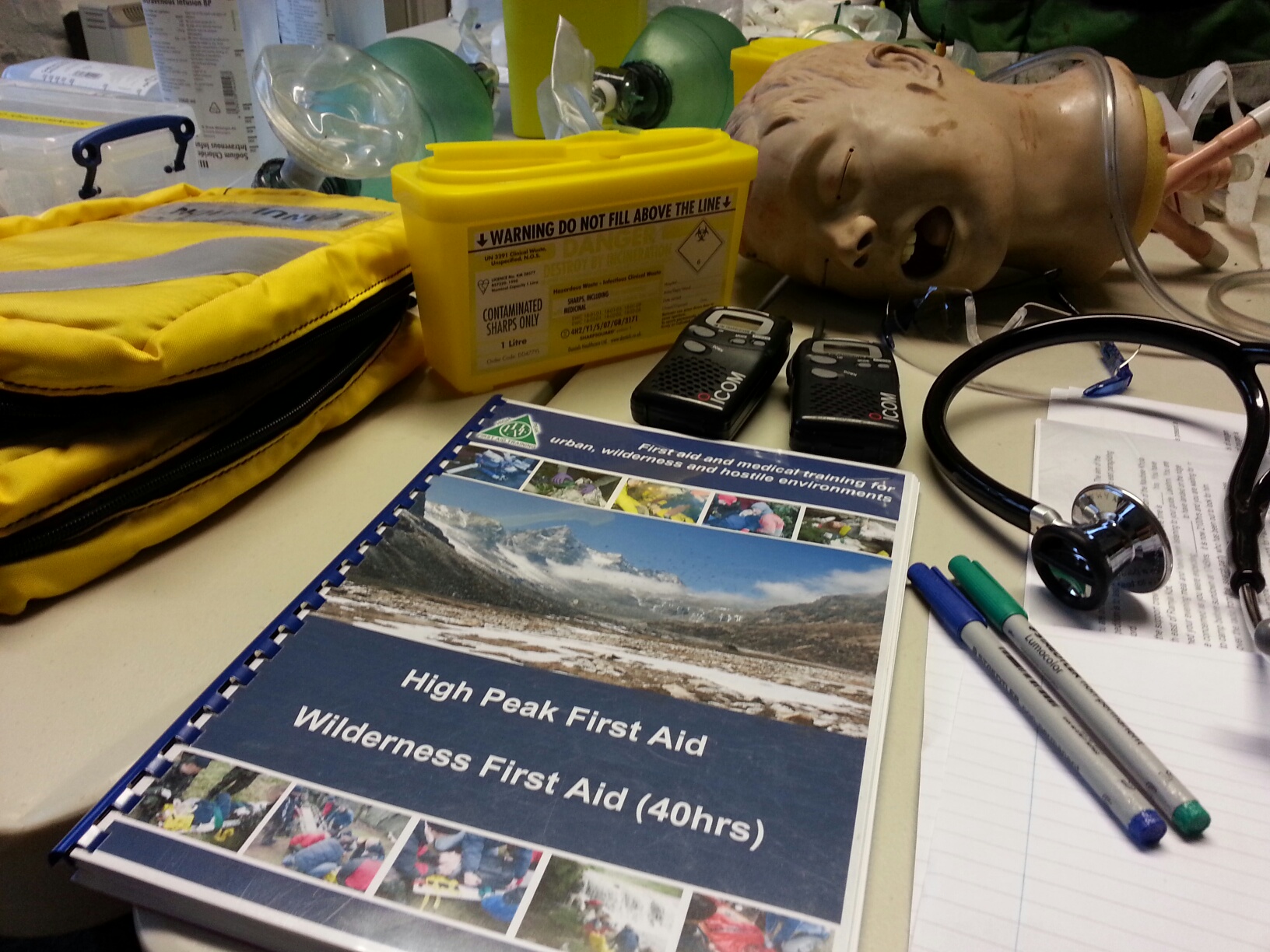
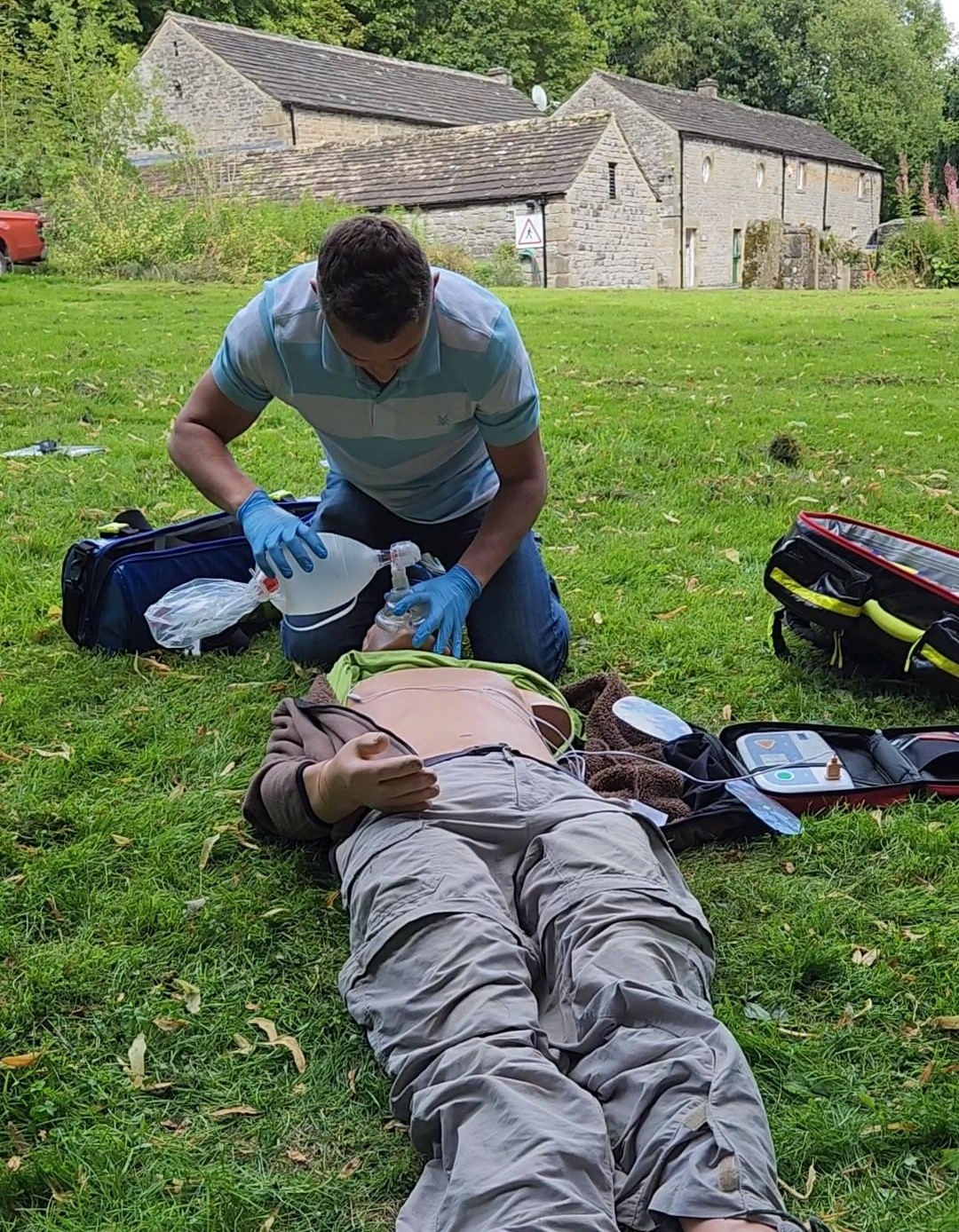
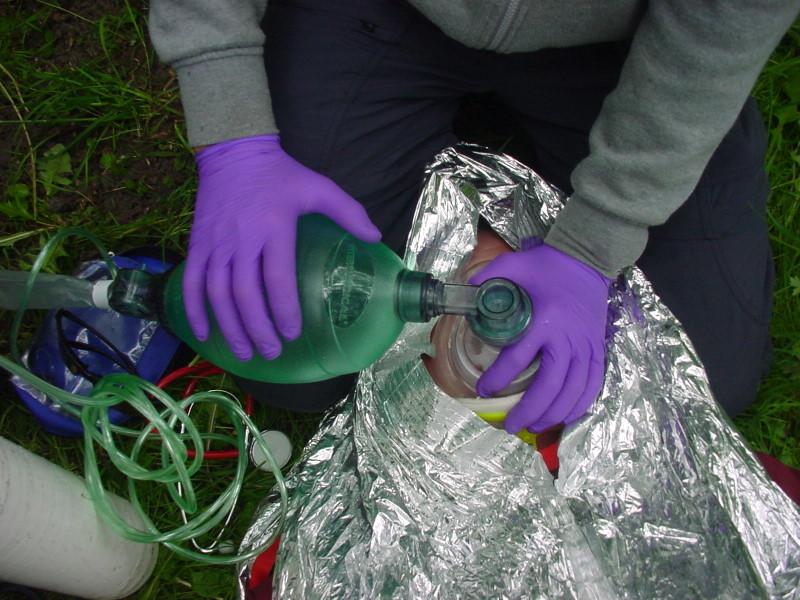
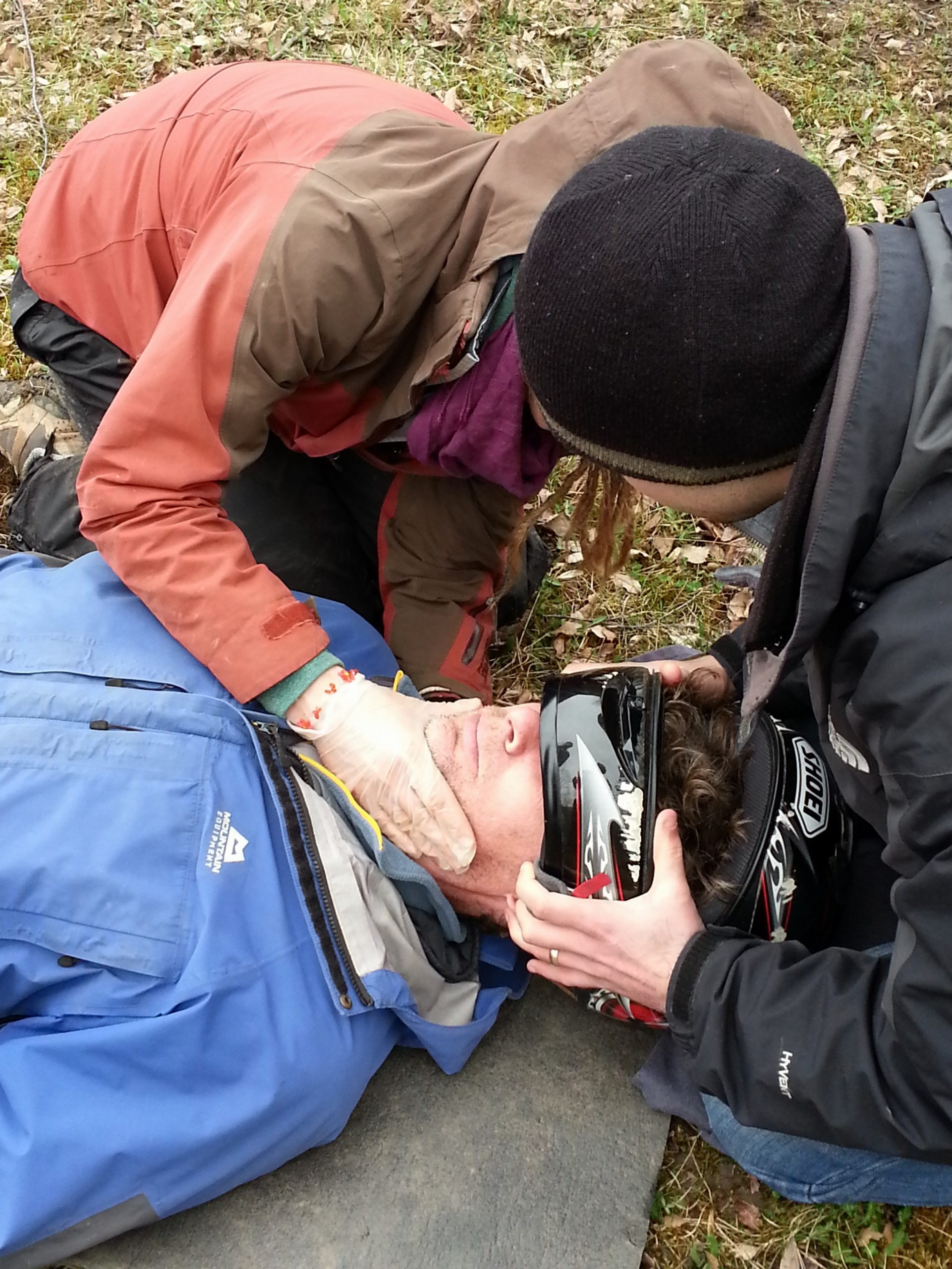
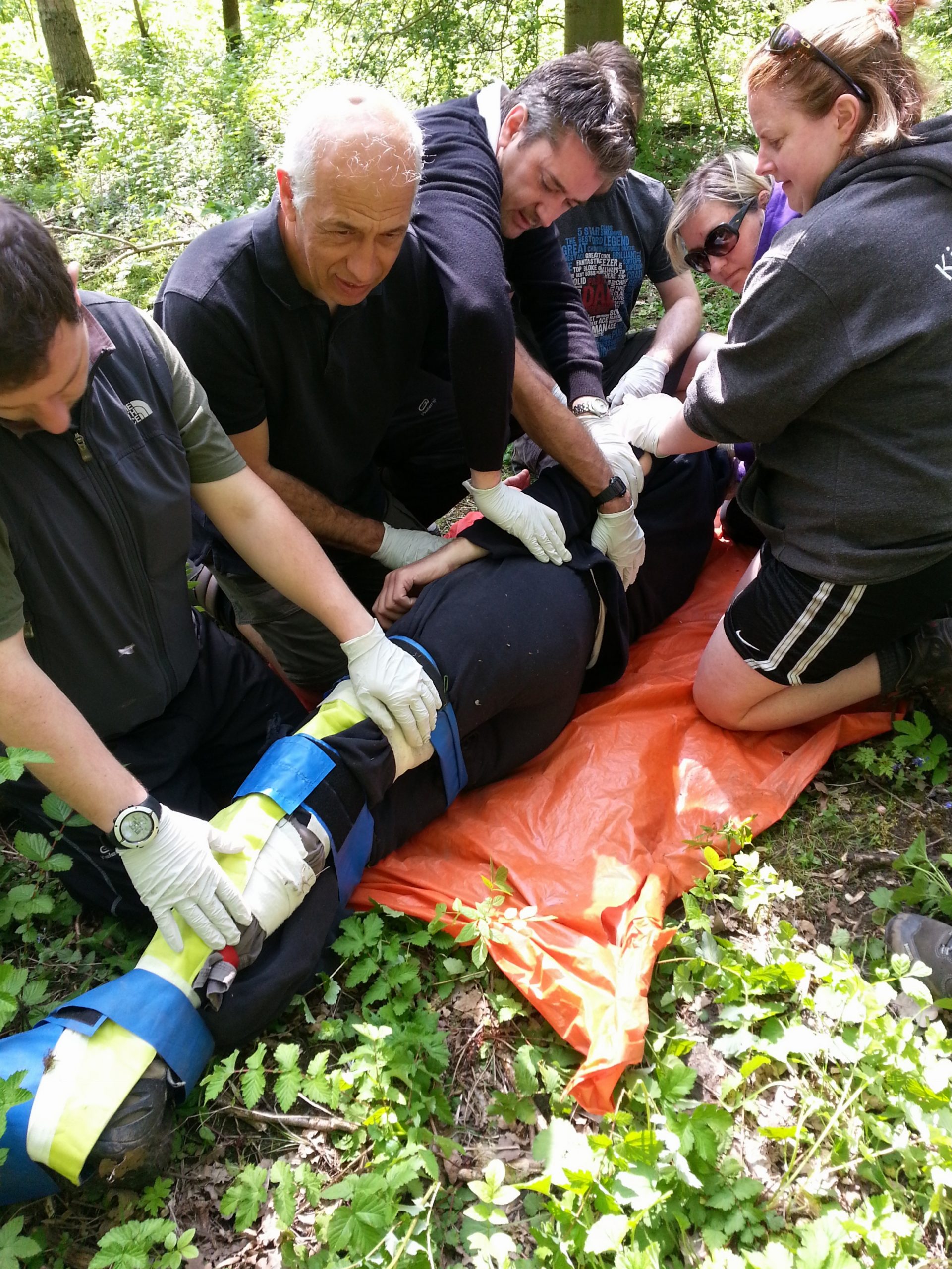
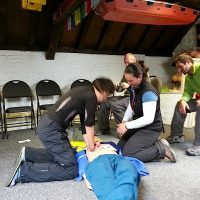
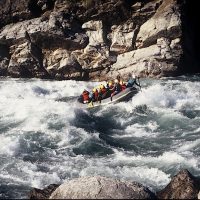
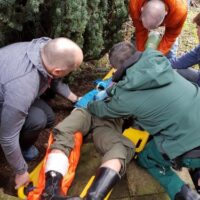
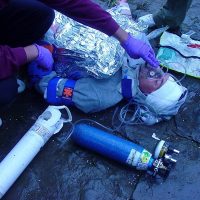


Nicola –
Excellent course – very good refresher and now feel more confident to be able to continue first aid if needed. Lovely venue too:) Thank you (Tia March 2024)
Nicola –
Hi Nicola!
Hope you’re well!
I just thought you’d like to know (as it all started with you at High Peak!) that I completed my FREC4 shortly after passing with you and I’m currently completing an Associate Ambulance Practitioner apprenticeship and am in the 3rd week of my CERAD.
Just thought I’d message to say I’m so grateful for your patience and support throughout my FREC 3 as without it, I’m not sure I’d have got here. My confidence has massively improved and I’m so happy with where I am/am going.
Thank you (and Dave the mannequin) so much.
Nicola –
Really thoughtful personal trainer adapted course to learner needs. Nick (Feb 24)
Nicola –
Excellent from start to finish. Great content, Nicola is very knowledgeable and the venue is great. Immersive classroom is brilliant. Thank you. Tony (16 Feb)
Nicola –
Cheers Nicola
Was a great week and thanks for the training
All the best
John (August 2023)
Nicola –
Hi Nicola
That’s great thank you, it was a really good and interesting course
Kind regards
Billy (August 2023)
Nicola –
Hi Nicola,
Thank you for a very interesting and engaging course; we all survived, and even had a few laughs along the way!
Dan (April 2023)
Nicola –
Hi Nicola
Just wanted to thank you for a great course! I will definitely be back to renew when the time approaches.
Chris (September 2023)
Nicola –
Hi Nicola,
Thank you very much for sending through the certificate and for an excellent course!
Nick (March 2023)
Nicola –
Hello Nicola
Thank you so much for your email and for my certificate.
I really enjoyed my time with you last week. I learnt a great deal, which I am happy to say that I will get to demonstrate the knowledge I gained, when I join my local community first responders. I met with the area coordinator earlier today and they are taking me on – Woohoo!
Thanks again Nicola and all the very best to you.
Ellen (April 2023)
R Hunt –
Great range of teaching techniques. Interactive (R Hunt 25th July 2022)
G Miller –
Good afternoon, Nicola.
Have you recovered from our course and I hope you are well.
Thank you for my Certificate, I much appreciate it.
Also, as commented thanks for a great run course, in the end my grey matter actually soaked in the information. Thanks to your style of teaching and vast knowledge and experience.
I hope and look forward to attend another one of your courses in the future.
Until then, good luck and all the best.
Gareth.